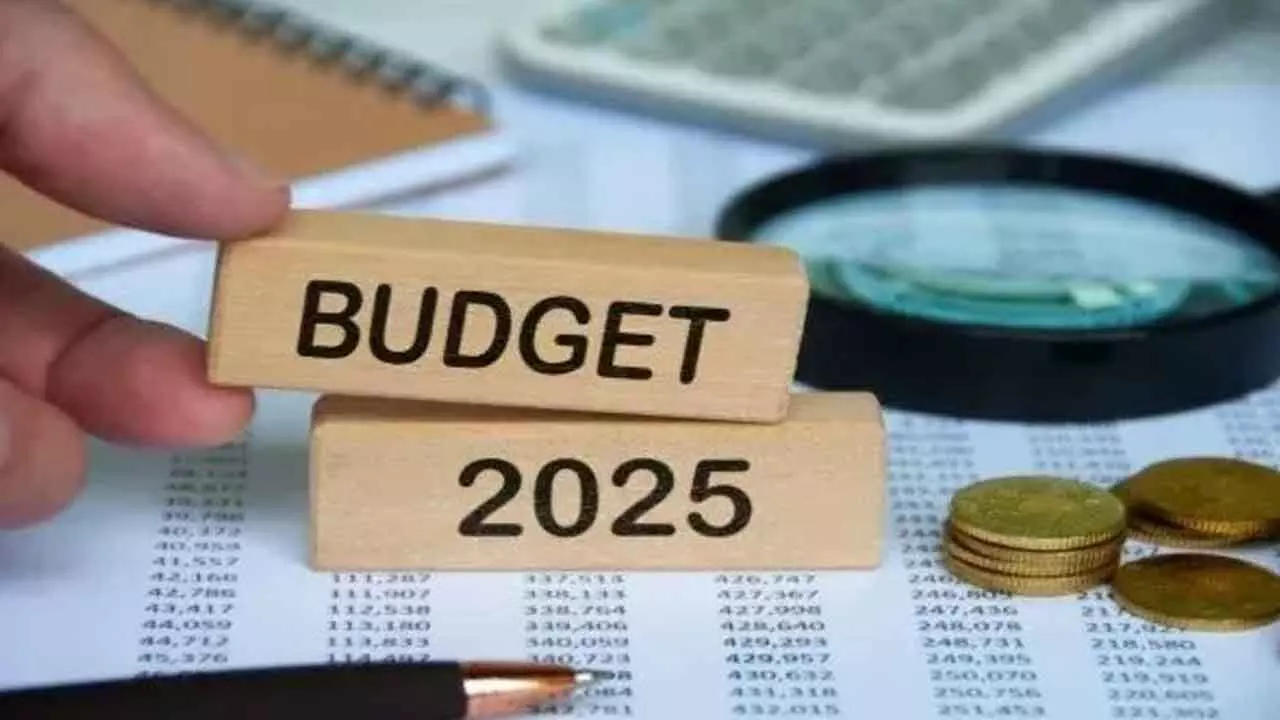Real Estate Industry Hopes For Futuristic Reforms In Union Budget 2025-26
Grant of industry status and revival of affordable housing are key expectations of the sector
Real Estate Industry Hopes For Futuristic Reforms In Union Budget 2025-26

Rationalisation of GST rates and an optimised input tax credit framework for construction materials are equally crucial to mitigate costs and maintain competitiveness of premium projects
The real estate industry is quite hopeful that the Union Budget 2025 will be addressing key challenges faced by the sector, a crucial driver of economic growth and employment. Granting industry status to real estate is bound to streamline access to funding and attract investments, and thereby bolster their growth.
While tax reliefs and other incentives are standard expectations, the government is likely to maintain its focus on building robust infrastructure across the country. Though infrastructure development may not provide immediate relief to end-users, it remains a key driver for long-term growth in the real estate market.
Talking to Bizz Buzz, Anuj Puri, Chairman – Anarock group, says, “The real estate sector anticipates that the Union Budget 2025-26 will take measures to revive consumption amid a slowdown. Key expectations include industry status recognition, affordable housing revival, tax breaks, revised housing definitions, urban land reforms, infrastructure development, and reintroduced PMAY and Section 80-IBA schemes, fostering growth and economic stability.”
While luxury and mid-range housing have done exceptionally well over the last two to three years, a country like India needs vibrancy in its affordable housing sector. Our hopes are pinned on suitable and adequate revival measures to be announced for this incredibly important sector in the ensuing Budget, he said.
For the real estate sector, key expectations include industry status recognition and a revival of the affordable housing segment.
Once a promising sector, affordable housing—homes priced under Rs. 40 lakh—has struggled post-pandemic, with demand and supply shrinking significantly. According to Anarock data, the sales share of affordable housing fell to a mere 18 per cent in 2024 from over 38 per cent in 2019. Similarly, its share of total housing supply in the top seven cities dropped to 16 per cent in 2024 from nearly 40 per cent in 2019.
Rahul Singla, Director, Mapsko Group, explains, “Measures like reducing GST on construction materials such as steel and cement can help curb rising costs for developers and buyers. A single-window clearance system is essential to eliminate project delays and cost escalations. To enhance liquidity, relaxed financing norms and credit support for stalled projects are critical for restoring buyer confidence.”
Incentives for green building initiatives can encourage sustainable practices, while investments in infrastructure across tier-2 and tier-3 cities can promote regional growth and improve housing access. These steps can transform the sector and fulfill aspirations for homeownership, he said.
The sector remains hopeful of forward-looking reforms that can amplify growth and reinforce its role in India’s economic progression. Increasing the tax deduction limit for housing loan interest under Section 24(b) to ₹five lakh would align with the rising aspirations of homebuyers while addressing evolving market conditions.
Similarly, introducing a single-window clearance mechanism could streamline processes, expedite project approvals and enhance operational efficiency.
Granting 'industry status' to real estate is another vital step that would unlock greater access to institutional capital, stimulating growth across the entire value chain, including over 200 interdependent industries. Rationalisation of GST rates and an optimised input tax credit framework for construction materials are equally crucial to mitigate costs and maintain competitiveness of premium projects.
Vivek Singhal, CEO, Smartworld Developer, says, “We also encourage strategic incentives to boost investments in advanced infrastructure, laying the foundation for India’s transformation into a global hub for luxury living and modern urban development.”
These progressive measures, supported by the positive momentum from last year’s budget, would establish real estate as a cornerstone in achieving the developed economy vision by 2047.
Kirthi Chilukuri, founder and Managing Director of Stonecraft Group, points out, “We seek a balanced approach that benefits both developers and buyers. Recognizing real estate as an industry would unlock access to affordable funding, streamline approvals, and attract investments, and more importantly drive economic growth.”
Easing the GST burden on developers and reviving the Credit Linked Subsidy Scheme (CLSS) for first-time homebuyers could stabilise property prices and boost the housing market.
Revising home loan interest deduction under Section 24(b) to ₹five lakh and revisiting capital gains taxation would enhance liquidity across segments, benefiting all stakeholders.
Prioritising urban infrastructure investment and offering incentives for green building adoption can create sustainable, livable cities while aligning with national climate goals.

